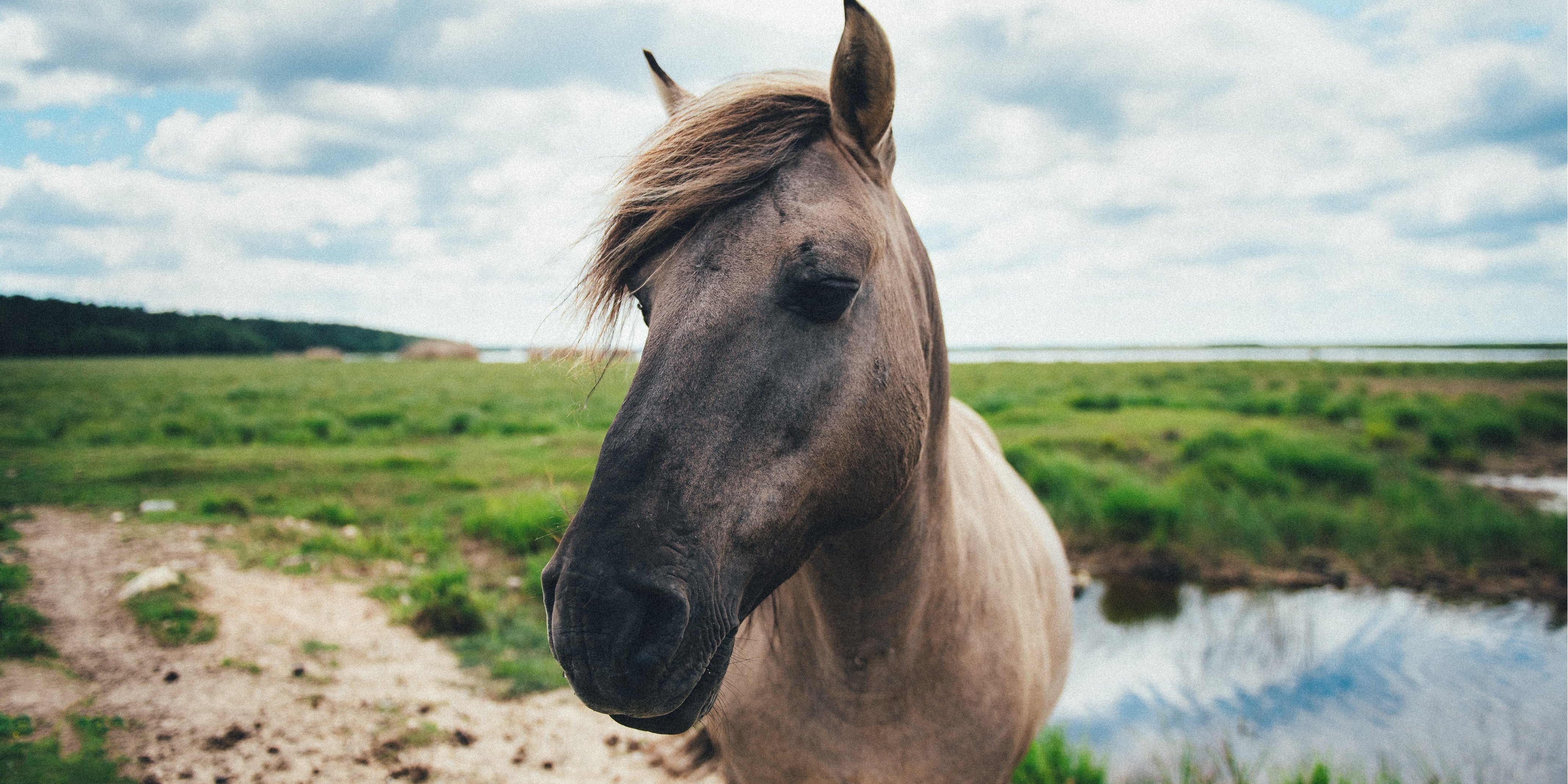Decorations might not be the only thing on your tree this year. As outlined in a 2011 study by Upstate Medical University, Christmas trees may harbor a variety of molds that can be problematic for allergy-sufferers.
We are in the midst of updating the food ingredients list in our allergy result reports. These adjustments will streamline the number of food recommendations your patients receive.
Topics: Allergy Treatment, Veterinarians
Allergies caused by different environmental and barn conditions are becoming increasingly prevalent in horses. Most horses no longer roam the fields and graze on fresh grass; they now spend most of their day in a stable, where there is often poor air circulation. Additionally, the growing use of manufactured diets, instead of freshly-grown grasses, can lead to the development of allergies. Allergies in horses are often cumulative, meaning the symptoms — including hives, coughing, intense itching, and nasal discharge — are the result of a reaction with several different allergens, not one specific allergen.
Topics: Veterinarians
Although itching may be the most common allergy symptom in dogs, reactions are typically complex and are often manifested in a variety of ways.
Topics: Veterinarians
Itching is a common allergy symptom in cats and often manifests into other symptoms initiated by a variety of environmental, household, and food triggers. Environmental allergies are caused by allergens such as pollen due to seasonal and climate changes. These factors not only worsen the allergy, they also cause the allergens to fester in cases such as flea bites. Symptoms include sneezing, vomiting, red or scaly skin, hair loss, itchy or runny eyes, snoring caused by an inflamed throat, swollen paws, and constant licking.
Topics: Veterinarians






